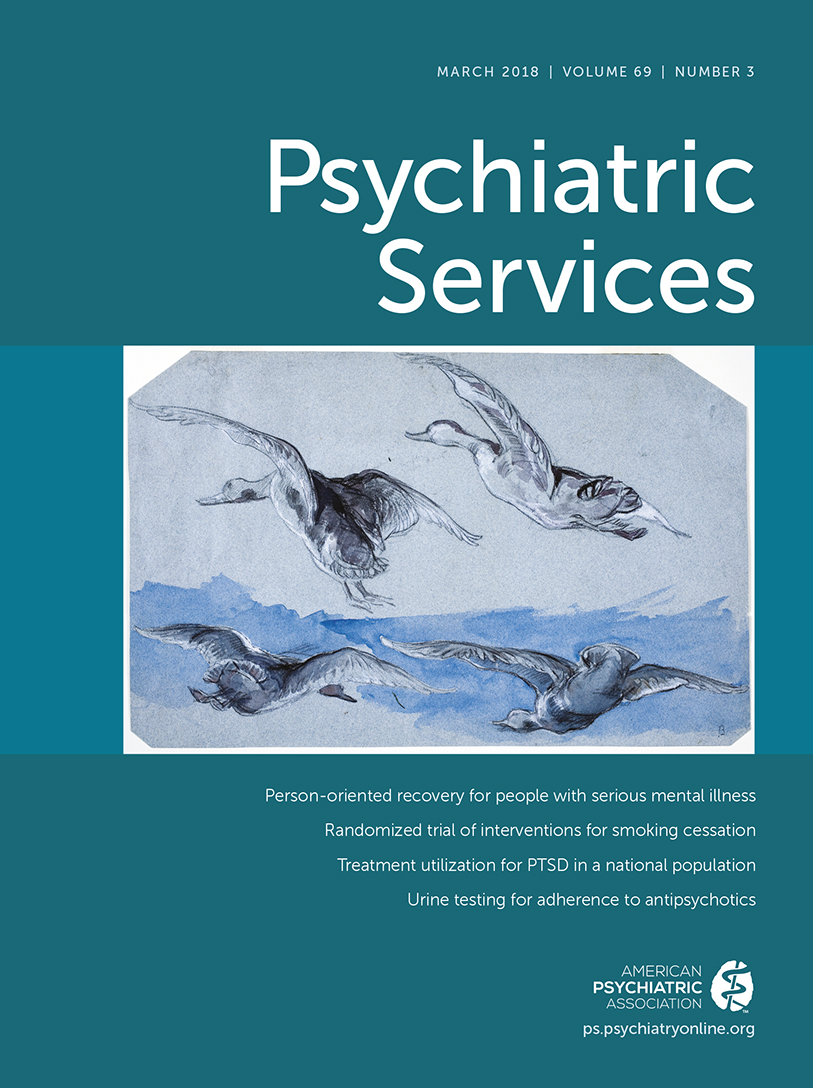Testing a Web-Based, Trained-Peer Model to Build Capacity for Evidence-Based Practices in Community Mental Health Systems
Abstract
Objective:
Use of expert-led workshops plus consultation has been established as an effective strategy for training community mental health (CMH) clinicians in evidence-based practices (EBPs). Because of high rates of staff turnover, this strategy inadequately addresses the need to maintain capacity to deliver EBPs. This study examined knowledge, competency, and retention outcomes of a two-phase model developed to build capacity for an EBP in CMH programs.
Methods:
In the first phase, an initial training cohort in each CMH program participated in in-person workshops followed by expert-led consultation (in-person, expert-led [IPEL] phase) (N=214 clinicians). After this cohort completed training, new staff members participated in Web-based training (in place of in-person workshops), followed by peer-led consultation with the initial cohort (Web-based, trained-peer [WBTP] phase) (N=148). Tests of noninferiority assessed whether WBTP was not inferior to IPEL at increasing clinician cognitive-behavioral therapy (CBT) competency, as measured by the Cognitive Therapy Rating Scale.
Results:
WBTP was not inferior to IPEL at developing clinician competency. Hierarchical linear models showed no significant differences in CBT knowledge acquisition between the two phases. Survival analyses indicated that WBTP trainees were less likely than IPEL trainees to complete training. In terms of time required from experts, WBTP required 8% of the resources of IPEL.
Conclusions:
After an initial investment to build in-house CBT expertise, CMH programs were able to use a WBTP model to broaden their own capacity for high-fidelity CBT. IPEL followed by WBTP offers an effective alternative to build EBP capacity in CMH programs, rather than reliance on external experts.



